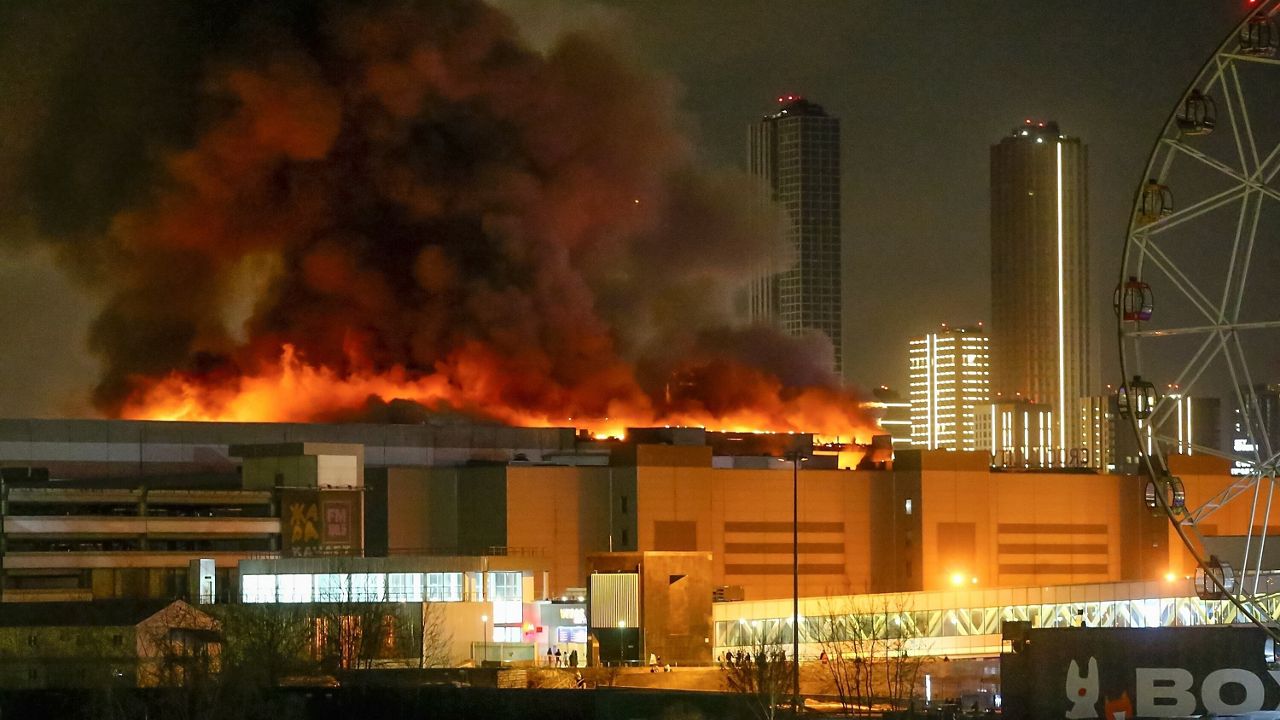The recent terror attack at the Crocus City Hall near Moscow, claiming the lives of at least 137 individuals, has reignited concerns about the resurgence of the Islamic State (IS). Despite the destruction of its physical caliphate in Syria and Iraq six years ago, recent events suggest a resurgence of the notorious jihadist group.
In January, the Islamic State-Khorasan (IS-K), the Afghanistan-based arm of the Sunni jihadist group, orchestrated twin bombings in Kerman, Iran, targeting a memorial event for General Qassem Soleimani. These bombings, resulting in the deaths of at least 80 individuals, highlighted the group’s expanding reach and capabilities.
Following these incidents, the IS has intensified its activities across various regions, including Turkey, Syria, and Afghanistan. The recent terror attack in Moscow serves as a grim reminder of the group’s growing terror capabilities and global reach.
The Russian authorities have charged four Tajik nationals in connection with the attack, shedding light on the involvement of Central Asian militants in the IS-K. Established in Afghanistan’s Nangarhar province in 2015, the IS-K has gained prominence following the Taliban’s resurgence in Afghanistan in August 2021.
The IS-K has targeted Afghanistan’s Shia minority and has actively sought to recruit radicalized youths from Central Asia and Afghanistan’s Tajik and Uzbek minorities. These efforts have contributed to the strengthening of the group’s network and its ability to carry out attacks with impunity.
As the threat of the Islamic State’s resurgence looms large, it underscores the need for enhanced international cooperation and counterterrorism efforts to combat the growing menace of jihadist extremism.






